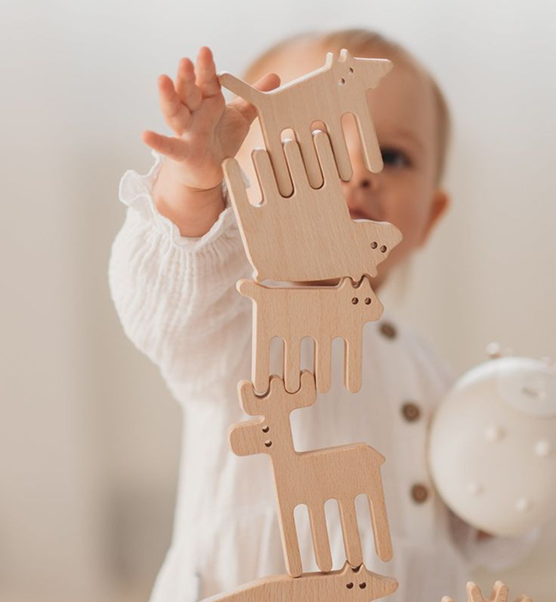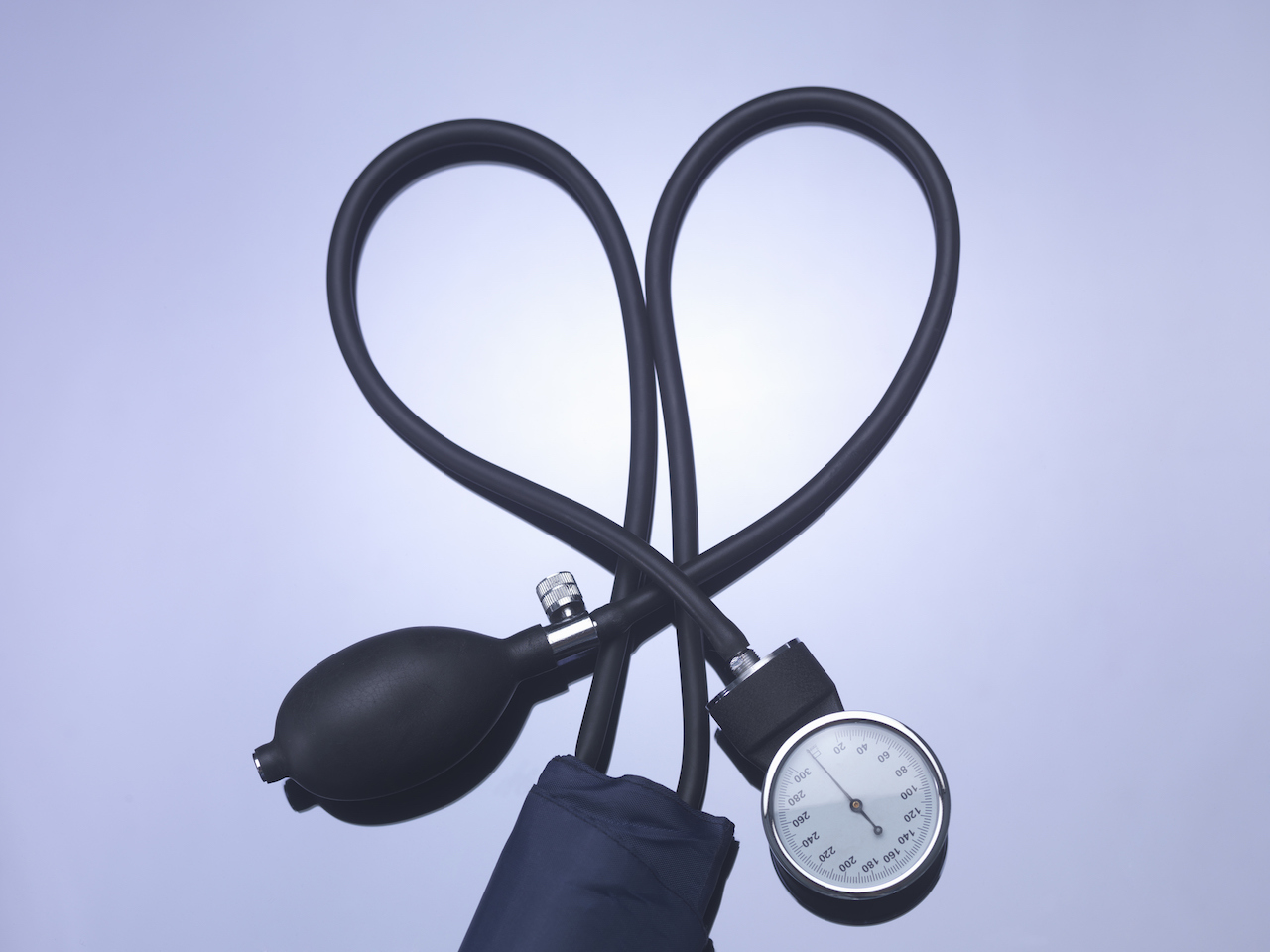A couple of weeks ago, many of you shared this panic headline: “A mother’s stress may change the makeup of her child’s microbiome.” The article (in the Washington Post) discussed a recent publication in the journal Proceedings of the National Academy of Sciences.
This particular paper is deeply flawed for a bunch of reasons, which I’ll go into more below. But it’s not the only paper — by a long stretch — linking stress in pregnancy to infant and child outcomes. This literature, and the media coverage of it, can feel extremely frustrating. Stressful events, internal and external, are largely out of our control. Dealing with unemployment during pregnancy is bad enough without also being told it is damaging your unborn child. Advice like “Just try to relax” or “Have you thought about meditation?” is perhaps well-meaning but also infuriating.
Many of the papers making these claims are unreliable, confusing correlation for causation, or have various other issues. This is a case, though, where it does seem like there might be some small effects that are real. So I wanted to dive into it today. First: a bad paper. Second: a good paper. Third: a summary.
A bad paper
Let’s start with the article on stress and the microbiome (your gut bacteria). In the research paper (here), the authors collect data on two measures of prenatal adversity. First they ask mothers about mistreatment and abuse during their own childhood. Then they ask them about their level of anxiety in weeks 24 to 28 of pregnancy. The total score on these variables is the measure of prenatal adversity.
The authors relate this variable to a set of measures of the gut microbiome in children age 2. What they find is that for some gut microbiome characteristics, those children whose moms scored higher on the adversity metrics have different levels. “Alpha diversity” in the microbiome is reduced (although “beta diversity” is unchanged). Within individual gut bacteria, some are positively associated with diversity and some negatively.
This paper has virtually all of the data analysis problems I regularly discuss in this newsletter. First, this is correlation, not causality. The microbiome is complicated, and it’s impacted by nearly everything we do, eat, etc. Since, on average, high levels of adversity are associated with other characteristics, it’s very difficult to attribute any differences in microbiome to prenatal stress as opposed to, say, difference in diet across children.
Second, the paper has a problem with multiple hypothesis testing. They’ve got many outcomes and many treatments, and a small sample size; drawing strong statistical conclusions from that is tricky. The graphs in the paper make clear that the results are extremely statistically noisy, which adds to the general sense of chaos.
Third, perhaps most basic: We really do not know what any of this microbiome stuff means. There isn’t some wide-ranging consensus on which kinds of microbiome are the “best” for people. There are some correlations, but they are all over the map and, again, correlation but not causation.
The TL;DR on this article is: ignore. The issues with the paper, especially the correlation-versus-causation issues, are widely shared in the literature on stress and pregnancy. Majorly stressful life circumstances have many impacts, which are difficult to separate from any in utero effects, and, more generally, these events are more common for some groups than others. If we want to identify causal impacts, we need another approach.
A good paper
The key to improving this type of research is twofold. First, you need a way to separate the effect of the stress in utero from the effect of the event itself. And second, you need a large enough sample that you can detect the likely small impacts. These are both accomplished by this paper, published several years ago. The authors are interested in the impacts of stressful events during pregnancy on outcomes in childhood and adulthood, specifically diagnoses of ADHD and depression.
This paper benefits from two significant innovations: excellent data, and a credible approach to that data. On the first part: the data for this paper comes from Sweden. The authors have information on every birth in Sweden from 1973 to 2011, linked to each individual’s entire family history and to their own inpatient medical records and prescription drug usage throughout their life. Basically, imagine you could see everything about everyone: that’s the Swedish data (anonymous, of course). This type of data allows the authors to see what happens while children are in utero and link it to long-term outcomes.
The second innovation is the approach to the data. The “treatment” the authors consider — the major life stress — is the death of a close family member (sibling, parent, grandparent, spouse, or child). One common approach — similar to what is done in that first paper I dumped on — would be to compare the children of women who experienced that loss during pregnancy with those who did not. The problem with that approach is that those groups will be different in other ways, and the loss itself may influence child outcomes.
What the authors of the Swedish paper do instead is compare the children of women who experienced this loss during pregnancy with those who experienced the loss shortly after birth. In this sense, the groups are more comparable (both having a loss at a similar time), but only one group had that loss occur during gestation.
The paper finds what I would describe as small but significant negative impacts of these life events. There is a 12% increase in the likelihood a baby has a low birth weight, and a similar 12% increase in the risk of prematurity. These are percent impacts, not percentage points, so we want to be careful to put them in size context. In this period, 3.7% of births in Sweden are classified as low-birth-weight (under 2,500 grams). There is a 0.39% increase in the risk of low birth weight after the death of a relative. That’s an increase of 1 per 250 births. With such a large sample, it is significant, but that number is small.
The authors also find that prescription medications for ADHD, both in child and adulthood, are increased when there is a death of a close relative (a parent, spouse, sibling, or child). These effects are, again, significant but small. For ADHD prescriptions at ages 9 to 11, the increase is 1 in 150 children.
TL;DR on this paper: Major life stressors during pregnancy have small impacts on birth and later life outcomes.
Summary
Is this second paper a real “panic headline”? I’m not sure. The impacts estimated are quite small; in my mind, panic ensues when we think some individual behavior will have enormous implications. That’s not true here. It’s also important to keep in mind that the stressful events considered here are extremely stressful; this isn’t a bad day at work, or even a bad stretch of days.
At the same time, these are findings that will cause some people concern. I wish that were not true! I wish that these results had come out differently.
So what if you, very unfortunately, find yourself in this situation — losing a parent, for example, amid a pregnancy? First, I am so sorry. Second, this is a case in which the mantra “There’s no secret option C” applies. If this is happening, it will cause stress; there is no secret out where it doesn’t happen and you’re relaxed. That’s a hard realization, but maybe also a freeing one. It f*ing sucks and there may be nothing you can do about it. Third, and most productively, get help if you can. This is true whether pregnant or not, but leaning on other people can alleviate your stress some, even if not completely.
Community Guidelines





















Log in